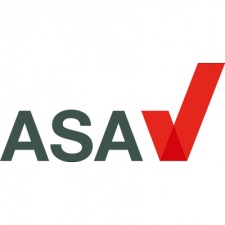UK regulator the Advertising Standards Authority has said it is launching a new review into transparency among influencers.
The ASA is specifically interested in the ways in which influencers flag up the fact that their content has been paid for by a brand partner, and which methods are most clearly understood – or not – by consumers.
It has put a call out for research partners with insight into “what level and type of commercial influence over editorial content people expect to be informed about, through an ad label or other identifier” and “how people interpret specific labels and the extent to which wording, placement, visibility and style might impact on people’s ability to identify an ad.”
It also intends to investigate “the extent to which people may differ in their ability to identify ads”, with specific focus on children, and “current practices for the labelling of online ads”.
The ASA cites what it believes is frustration among consumers about the lack of established rules in the field as well as a level of uncertainty among both influencers and advertisers about what is or is not expected from them.
These rules are not made to be broken
“One of the key advertising rules is that ads must be obviously recognisable as such,” the ASA explained. “It is important for people to know when they’re being advertised to so that they can understand when content is intended to promote a product or brand. If people are unaware they are being advertised to, it is not only misleading but it also damages trust in advertising.”
The regulator said that disclosure is already practised by a growing number of influencers and brands. It also thanked those who have to date called out tricksters who fail to adequately disclose their commercial agreements.
Added ASA chief executive Guy Parker: “Social influencer and native advertising might be relatively new but the advertising rules haven’t changed – people shouldn’t have to play the detective to work out if they’re being advertised to. That means the status of a tweet, blog, vlog, Instagram post or story should be clear.
“Our call for evidence will play an important part in helping us understand how consumers recognise and respond to online labelling of ads and how we apply the rules in this area.”















